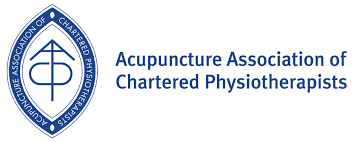A frozen shoulder is not much fun and it can take up to a year and a half to recover naturally. Fortunately, you don’t need to wait that long and can often ease the pain and speed up recovery with certain treatments.
Also called adhesive capsulitis, a frozen shoulder is when your body encapsulates bones, ligaments, and tendons in the shoulder with connective tissue. This tissue may become thicker over time and can prevent movement in the shoulder joint.
A frozen shoulder is more likely to occur in women, people over the age of 40, and in those with diabetes. If you’ve had to immobilise your arm for some time, this condition may also occur.
It takes time to develop this condition, as the connective tissue begins to grow. There are three stages to the problem:
Freezing: moving your shoulder hurts and you may start to limit how much you move it. It may even become impossible to use your original range of motion.
Frozen: while this stage doesn’t usually include as much pain, the thickened tissue around the joint prevents proper movement. You may feel stiff and limited.
Thawing: Gradually, you’ll be able to move your shoulder more and more.
The problem usually resolves on its own, but you may not want to wait that long.
In some cases, doctors will use corticosteroids injected into the joint to help prevent the pain and freezing. Pain prevention may help you move more and prevent the tightening of the joint. Sometimes, surgery is required, but that is quite rare.
Overall, the best way to treat frozen shoulder is to use massage and range of motion exercises. These exercises help thin the connective tissue and encourage the body to heal faster while retaining the possibility of movement.
If you’re looking for help with your own frozen shoulder, Essex Physio can help. We have the experience to work with you on range of motion exercises and to improve your overall mobility. Schedule your appointment today.




